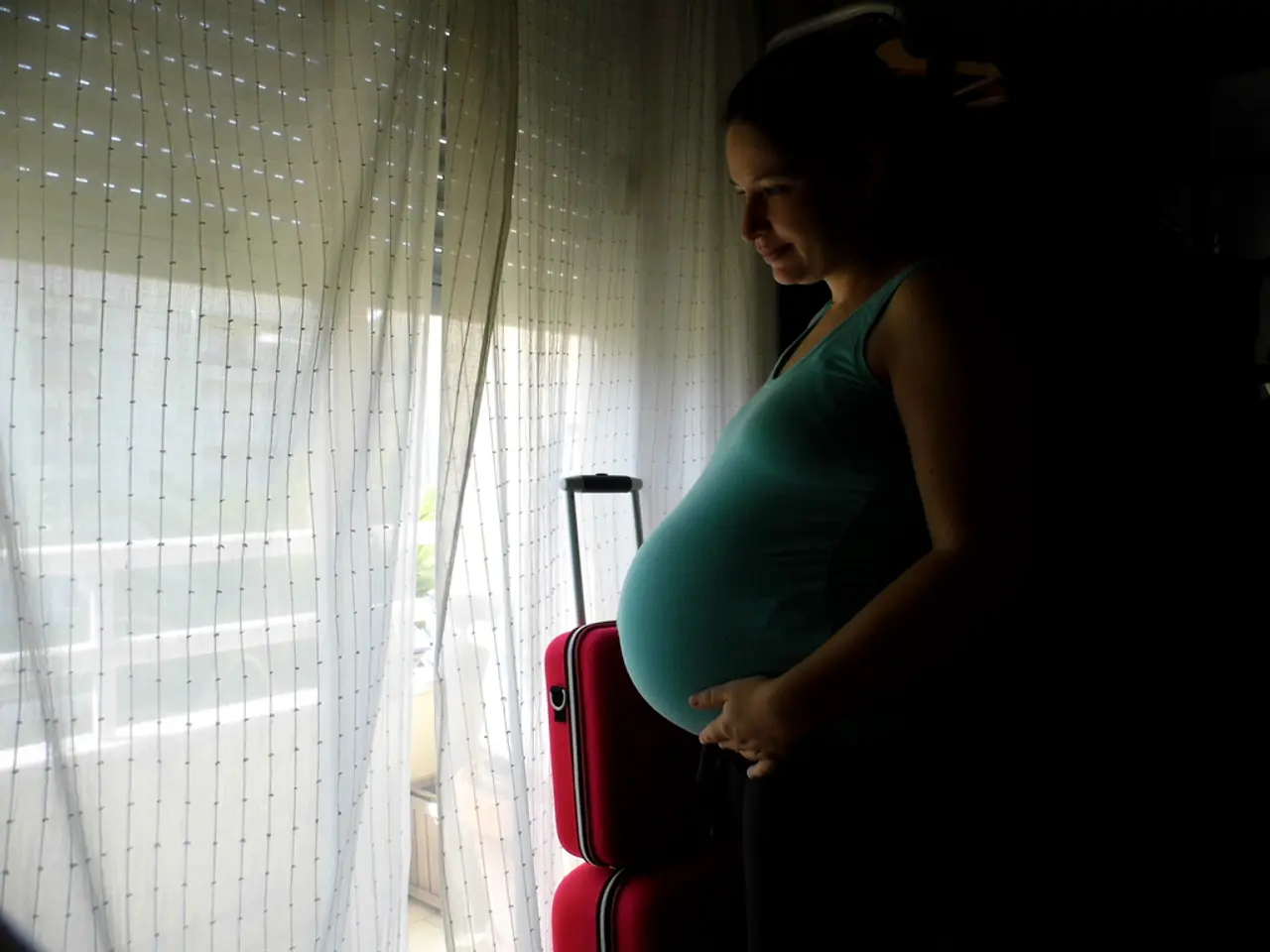Controversy Over U.S. Contraceptive Aid: French Officials Ponder Fate After Criticism from Government Officials Over Disposal Plans by Emmanuel Macron
In a joint initiative with the European Commission, French ecologists and activist Mathilde Panot have called on President Emmanuel Macron to intervene and prevent the incineration of $9 million worth of usable female contraceptives. These contraceptives, intended for low- and middle-income countries as part of the programs of the U.S. Agency for International Development (USAID), are currently stored in a warehouse in Geel, Belgium.
The contraceptives, including implants, IUDs, pills, and injectables, are set for destruction due to policy decisions such as the Mexico City policy and concerns about USAID branding that prevent their redistribution. These contraceptives, with expiration dates ranging from 2027 to 2031, are still usable and could significantly improve access to contraception in regions where it is already limited.
Médecins Sans Frontières (Doctors Without Borders) has condemned the planned destruction, calling it reckless and harmful to women and girls worldwide. Organizations like MSI Reproductive Choices have offered to purchase, repackage, and manage the logistics to ensure these contraceptives reach those in need, but their offers have been rejected by the US government.
Mathilde Panot, head of La France insoumise deputies, has stated that the destruction of these contraceptives will cost lives. She has urged Macron and Prime Minister François Bayrou to prevent the destruction and to support humanitarian organizations ready to redistribute the contraceptives. The Ecologists have also urged Macron to explicitly support these organizations.
The Ecologists and Mathilde Panot have not specified the cost of the destruction of contraceptives in their request. Only a limited number of products have been approved for destruction, at a cost of $167,000. The Ecologists have also requested Macron to suspend the destruction of contraceptives.
This situation highlights the conflict between US policy decisions and global health needs. Calls for international political intervention to save these life-saving supplies from being destroyed despite their usability are growing louder. Mathilde Panot's message was posted on platform X, urging the French executive to oppose this destruction and to support the redistribution of these contraceptives to those in need.
- The Ecologists, along with Mathilde Panot, have requested President Emmanuel Macron to intervene not only in the incineration of usable female contraceptives but also to suspend their destruction, considering their potential to improve health-and-wellness, particularly in women's health, in regions with limited access to contraception.
- In the ongoing political landscape, the destruction of these expired but usable contraceptives is being criticized by organizations such as Médecins Sans Frontières, MSI Reproductive Choices, and Mathilde Panot, who view it as a reckless move that could cost lives, especially in low- and middle-income countries.
- As the European Commission and French ecologists make a plea for humanity, the issue of the destruction of $9 million worth of contraceptives serves as a prime example of the clash between science (the need for global health and family planning) and politics, with the conflicting policy decisions hindering their redistribution and utilization for health-and-wellness purposes.




